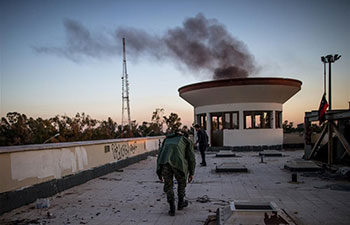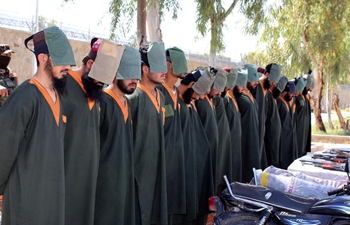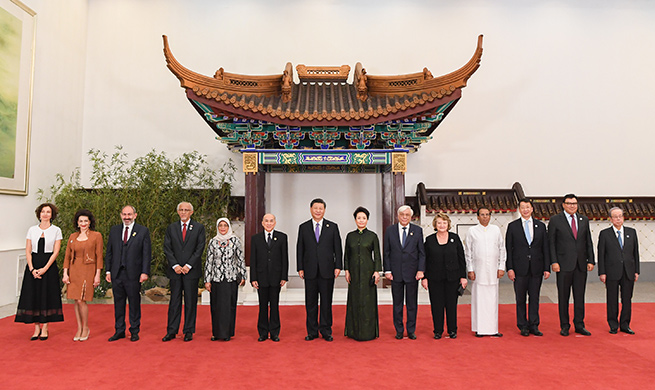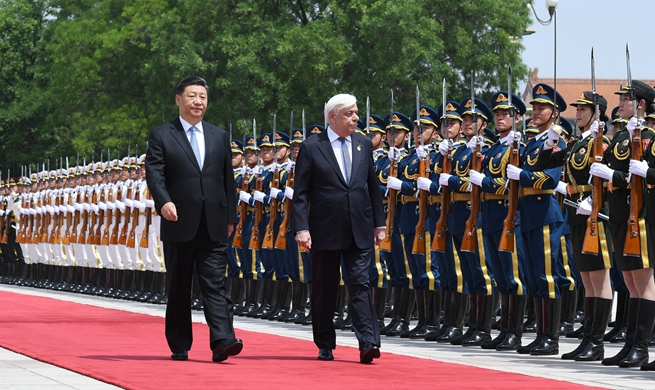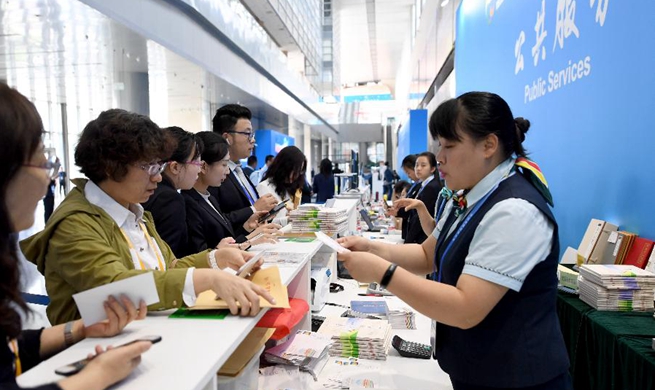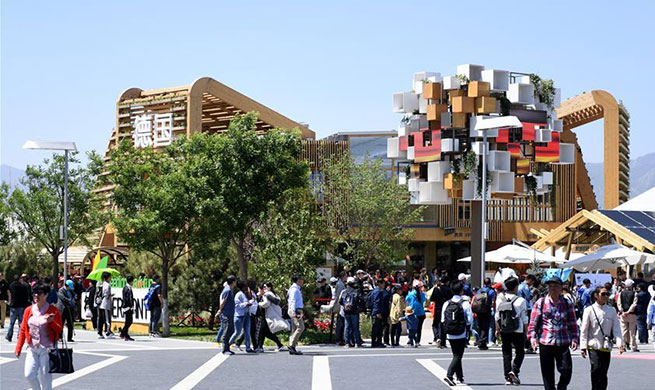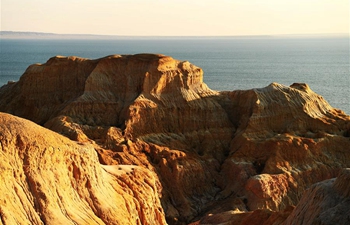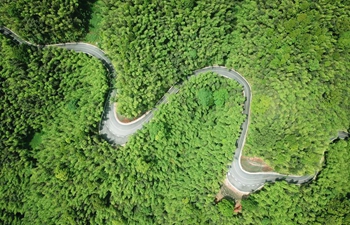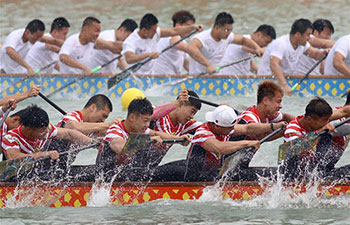by Xinhua writers Zhang Dailei, Wang Huihui
LONDON, May 14 (Xinhua) -- Liberal, ecumenical, cosmopolitan and open are the four key words given by British historian Rana Mitter to describe his impression of Asian civilizations.
Mitter, professor of the history and politics of modern China at Oxford University, told Xinhua in a recent interview that the upcoming Conference on Dialogue of Asian Civilizations (CDAC) in Beijing should help Asia to develop a strong sense of common purpose.
Asian culture is "liberal" because the best of Asian thought understands that the individual is not opposed to the collective but is a part of it, he said.
"Ecumenical because Asia draws on religious traditions but does not make any one exclusive; cosmopolitan because the greatest Asian cultures draw on a variety of cultural influences. And open because Asia's societies -- China, India, Iran -- are at their best when they tear down walls and look to the most pluralist, freethinking and vibrant versions of themselves," he said.
"It needs to reject monolithic and oppressive thinking and instead embrace truly great cultural figures -- Rabindranath Tagore, Lu Xun, Akira Kurosawa -- and learn from them," he added.
The CDAC will run in Beijing from May 15 to 22, focusing on cultural diversity, exchanges and mutual learning.
It is expected to gather more than 2,000 government officials and representatives of various circles from 47 Asian countries and other countries outside the region.
For Frances Wood, a historian and sinologue, Asian civilizations are "historic, different, Westernized, crowded," and dialogue among them is essential.
Asian countries have different development paths, and their peoples have different attitudes and experiences. "These should be respected, even if they sometimes create problems of understanding," she said.
Wood studied Chinese at Cambridge, London, and Peking universities and traveled extensively in China. She had been the curator of the Chinese collections in the British Library until she retired in 2013.
She regards China as one of the most significant Asian civilizations and consequently a leader on the continent on the basis of economic and political power.
"I would hope that China would use its power for good," she told Xinhua.
Peter Frankopan, professor of global history at Oxford University, remembered his first impressions of Asia when he was a little boy and visited Istanbul for the first time.
"I stood on the banks of the Bosphorus and looked across from Europe at the coast of Asia just opposite. I remember thinking that I expected another continent to look completely different and being disappointed that the gap was not wider or more dramatic. It made me think about just how, why and even if our cultures and civilizations are more similar than we sometimes want to think," he recalled.
Frankopan, who is also the director of the Oxford Centre for Byzantine Research and author of the best-selling non-fiction book "The Silk Roads: A New History of the World," regards Asian civilizations as "inspiring, remarkable, complex and inter-linked."
"I am interested in how people in history have tried to understand each other, and how they too have learned from past experience. So those links are extremely important, because our ancestors, like us, did not have their horizons limited, and delighted in finding things from afar that were rare, unusual and beautiful," he said.
Therefore he thinks conferences like the CDAC are extremely important for encouraging policy-makers, scholars and the general public to think about cooperation and shared experiences.
"The world is changing fast, and in such periods, there is an even greater need than normal for dialogue so we can ensure we communicate clearly, reasonably and constructively," he noted.



